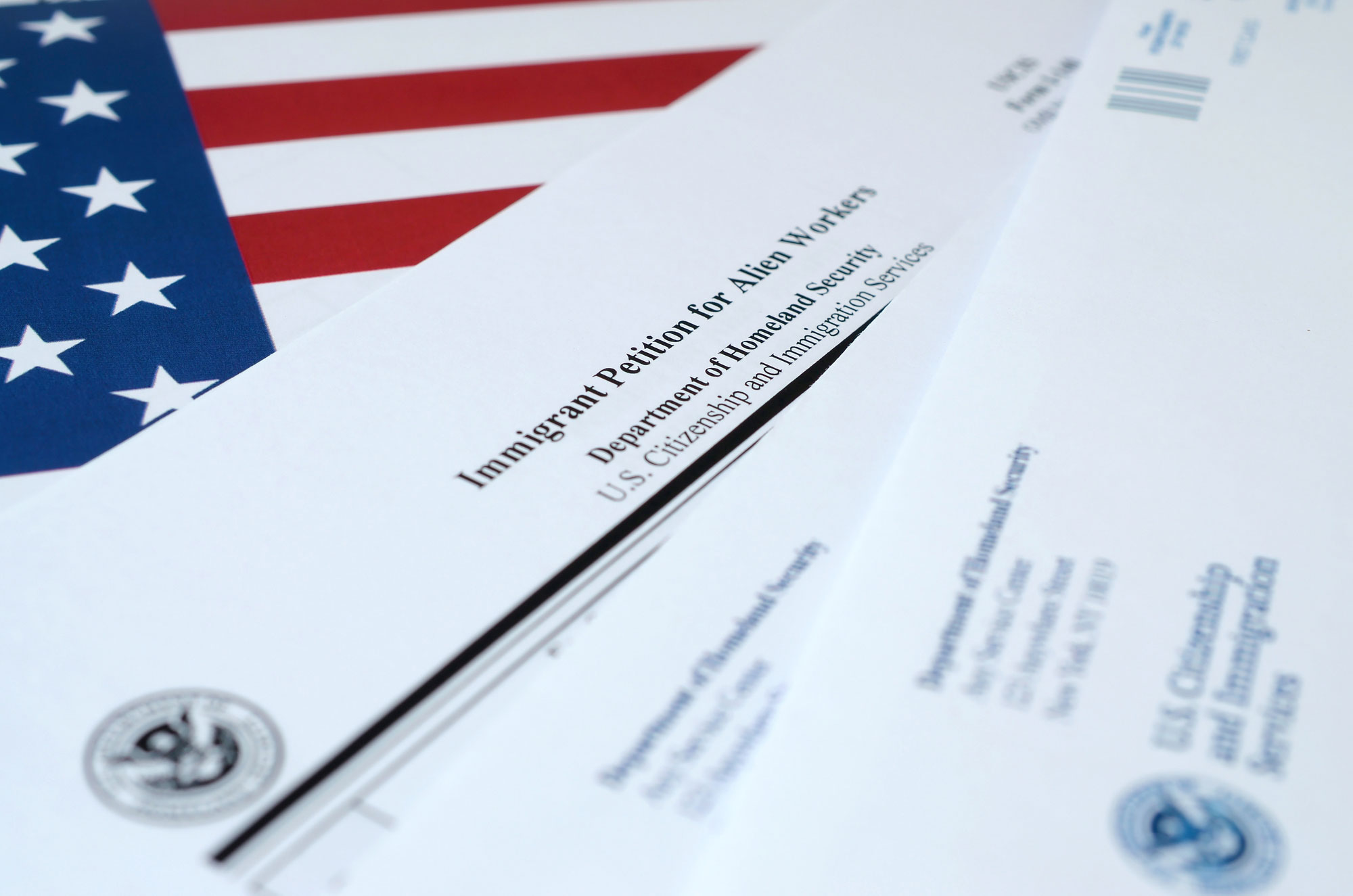Immigration Law
Immigration law governs the legal status of individuals in a country who are not citizens or nationals of that country. It encompasses a wide range of legal issues, including visas, green cards, citizenship, deportation, asylum, and refugee status. Understanding immigration law is crucial for individuals navigating the complex process of entering or remaining in a country legally.
Immigration Law Basics
What is Immigration Law?
Immigration law regulates the entry, residency, and legal rights of foreign nationals within a country’s borders. It sets forth the requirements and procedures for obtaining various immigration benefits, as well as the consequences for violating immigration laws.
History of Immigration Law in the United States
The United States has a rich history of immigration, shaped by waves of immigrants seeking opportunity and refuge. Immigration laws have evolved over time in response to changing economic, social, and political conditions.
Immigration Law Basics
- Visas: Documents that allow foreign nationals to enter and stay in a country temporarily or permanently for specific purposes, such as tourism, work, study, or family reunification.
- Green Cards: Also known as Permanent Resident Cards, green cards grant foreign nationals the right to live and work permanently in the United States.
- Citizenship: The process by which foreign nationals become legal citizens of a country, with all the rights and responsibilities that citizenship entails.
- Deportation: The removal of foreign nationals from a country for violating immigration laws or committing crimes.
- Asylum and Refugee Status: Protections granted to individuals fleeing persecution or violence in their home countries.
Understanding Immigration Terms
Immigration Processes and Procedures
Visa Application Process
The visa application process varies depending on the type of visa sought and the applicant’s country of origin. It typically involves completing an application, providing supporting documentation, attending an interview, and undergoing background checks.
Green Card Application Process
Obtaining a green card typically requires sponsorship by an employer, family member, or through other eligible pathways. Applicants must demonstrate eligibility and meet specific criteria set forth by immigration law.
Citizenship Application Process
Becoming a U.S. citizen involves meeting residency requirements, demonstrating good moral character, passing a civics and English language test, and taking the Oath of Allegiance.
Asylum and Refugee Application Process
Individuals seeking asylum or refugee status must demonstrate a well-founded fear of persecution based on race, religion, nationality, political opinion, or membership in a particular social group. The application process involves submitting a formal application and supporting evidence to immigration authorities.
Deportation Process
Foreign nationals facing deportation have the right to legal representation and may contest their removal through various legal avenues, including immigration court proceedings and appeals.
Immigration Court Proceedings
Immigration court hearings determine the outcome of deportation proceedings and other immigration-related matters. Individuals in immigration court have the right to present evidence, testify, and be represented by legal counsel.
Appeals and Immigration Litigation
Individuals who disagree with the outcome of their immigration case may have the right to appeal the decision to higher courts or pursue other forms of legal redress.
Challenges and Issues in Immigration Law
Border Control and Immigration Enforcement
Border control and immigration enforcement policies play a crucial role in regulating the flow of people and goods across borders. Debates over border security, immigration enforcement, and immigration reform are ongoing topics of discussion in immigration law and policy.
Immigration Reform Debates
Immigration reform debates center on issues such as border security, pathways to citizenship for undocumented immigrants, guest worker programs, and family reunification. Finding consensus on these issues remains a challenge for policymakers.
Humanitarian Concerns in Immigration
Humanitarian concerns in immigration include protecting the rights of asylum seekers and refugees, addressing humanitarian crises, and promoting humane treatment of immigrants in detention facilities and immigration court proceedings.
Legal and Ethical Challenges
Legal and ethical challenges in immigration law include ensuring due process rights for immigrants, protecting vulnerable populations, and upholding the rule of law in immigration enforcement actions.
Resources and Additional Information
Government Agencies Involved in Immigration Law
Key government agencies involved in immigration law enforcement and administration include the Department of Homeland Security (DHS), United States Citizenship and Immigration Services (USCIS), Immigration and Customs Enforcement (ICE), and the Executive Office for Immigration Review (EOIR).
Immigration Law Websites and Portals
Various websites and online portals provide valuable resources for individuals seeking information about immigration law, including USCIS.gov, the Department of Justice’s EOIR website, and nonprofit organizations such as the American Immigration Lawyers Association (AILA).
Immigration Law Organizations and Advocacy Groups
Immigration law organizations and advocacy groups advocate for the rights of immigrants, provide legal assistance and support services, and promote policy reforms to advance immigrant integration and justice.
Immigration Law Publications and Journals
Legal publications and journals focused on immigration law offer insights into recent developments, case law, and scholarly research in the field. Subscribing to these publications can help legal professionals stay current on immigration law trends and best practices.
Types of Immigration Cases
Family-Based Immigration
Family-based immigration allows U.S. citizens and lawful permanent residents to sponsor certain family members for immigration benefits, such as green cards.
Employment-Based Immigration
Employment-based immigration provides pathways for foreign nationals with job offers or specialized skills to obtain legal status in the United States.
Asylum and Refugee Cases
Asylum and refugee cases involve individuals seeking protection from persecution or violence in their home countries.
Deportation Defense Cases
Deportation defense cases involve individuals facing removal from the United States and seeking legal assistance to contest their deportation.
Citizenship and Naturalization Cases
Citizenship and naturalization cases involve individuals seeking to become U.S. citizens through the naturalization process.
Legal Assistance and Immigration Services
Role of Immigration Lawyers and Attorneys
Immigration lawyers and attorneys provide legal advice and representation to individuals navigating the complexities of immigration law.
Immigration Consultation and Services
Many immigration attorneys offer initial consultations to assess clients’ cases and provide guidance on available legal options. They may also provide a range of immigration services, including assistance with visa applications, green card petitions, and deportation defense.
Finding an Immigration Attorney
Finding the right immigration attorney is essential for achieving a successful outcome in immigration cases. It’s important to research and select an attorney with expertise in immigration law and a track record of success.
Resources for Immigration Legal Aid
Various organizations and legal aid groups provide free or low-cost immigration services to individuals who cannot afford private legal representation. These resources can help individuals access legal assistance and navigate the immigration process more effectively.
Immigration Policy and Legislation
Overview of Immigration Policy
Immigration policy encompasses the laws, regulations, and administrative policies that govern immigration and enforcement priorities. It reflects the government’s stance on issues such as border security, visa issuance, and immigrant integration.
Recent Immigration Legislation
Recent immigration legislation has focused on issues such as border security, DACA (Deferred Action for Childhood Arrivals), TPS (Temporary Protected Status), and comprehensive immigration reform.
Impact of Immigration Policy Changes
Changes to immigration policy can have far-reaching implications for individuals, families, communities, and businesses. Understanding the impact of these changes is essential for staying informed about developments in immigration law.
Conclusion
In conclusion, immigration law is a complex and dynamic field that impacts millions of individuals and families around the world. Understanding the basics of immigration law, the immigration process, and the challenges and issues facing immigrants is essential for navigating the legal system effectively and advocating for immigrant rights.







